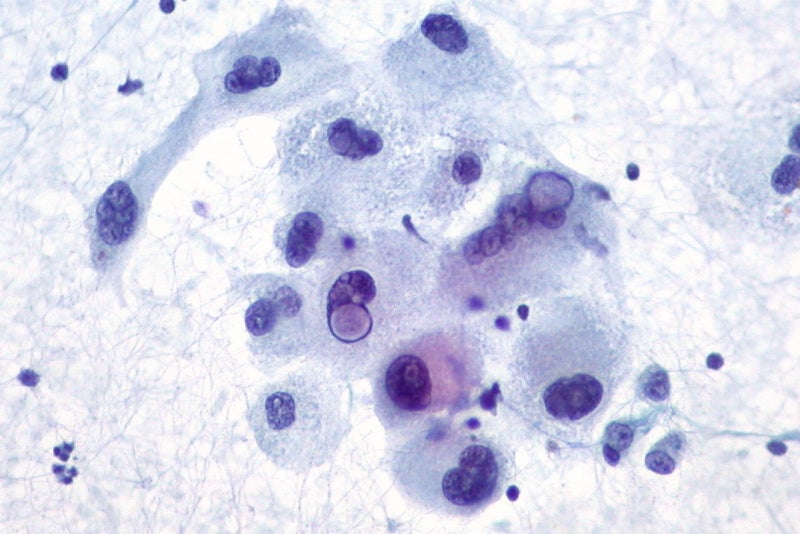On December 17, China’s National Medical Products Authority (NMPA) conditionally approved the listing of the first locally developed programmed cell death-1 (PD-1) checkpoint inhibitor, Tuoyi (toripalimab) monoclonal antibody injection for the treatment of melanoma.
The product of the Chinese biotech firm Shanghai Junshi Biosciences could be the first locally developed PD-(L)1 drug launching in China in competition with the already approved global market-leading PD-(L)1 drug, Keytruda (pembrolizumab). The approval is an important turning point in the history of Chinese drug development, which is moving away from producing “me-too” drugs aimed at the domestic market to independently develop brands that will compete with Western developers’ drugs.
Two PD-1 inhibitors, Bristol-Myers Squibb’s (BMS’) Opdivo (nivolumab) and Merck’s Keytruda received approval in China in June and in July 2018, respectively, lagging years behind US approvals. Similarly to Keytruda, the NMPA approved Tuoyi as a second-line treatment in patients with unresectable or metastatic melanoma following first-line treatment failure. Junshi’s application for Tuoyi was accepted by the State Drug Administration in March 2018 for listing, and was included in the priority review and approval category for accelerated review and approval.
The number of cancer patients is on the rise in China and nearly 10,000 diagnosed melanoma cases were recorded in 2017, according to GlobalData. Thus the Chinese government is eager to provide better and more affordable cancer care to its citizens.
Chinese biotech firms and global oncology competition
Seeing the opportunity, multinational Pharma giants are increasingly turning towards the East, and more recently, the Chinese government, with its reformed priority review and approval processes, has started to support improved healthcare in China. Equally, Chinese drug developers are lining up their branded products ready to take on competition with Western companies, not only in China, but around the world.
One such Chinese biopharmaceutical company looking to compete on a global scale is BeiGene, with its oncology candidates: Bruton’s tyrosine kinase (BTK) zanubrutinib and PD-1 inhibitor tislelizumab, both of which were granted priority review status in China last month, for patients with relapsed/refractory (R/R) mantle cell lymphoma (MCL) and R/R classical Hodgkin’s lymphoma (cHL), respectively.

US Tariffs are shifting - will you react or anticipate?
Don’t let policy changes catch you off guard. Stay proactive with real-time data and expert analysis.
By GlobalDataWhile tislelizumab is being further developed by Celgene in global markets outside of Asia, BeiGene is conducting head-to-head trials of zanubrutinib across the US, Europe, Australia, and New Zealand for the treatment of patients with untreated or R/R chronic lymphocytic leukemia (CLL) compared with a standard-of-care immunochemotherapy regimen using AbbVie/Johnson & Johnson’s (J&J’s) Imbruvica (ibrutinib), which could potentially position zanubrutinib ahead of Imbruvica if it demonstrates superior efficacy.
Though Junshi could be the first to launch a locally developed checkpoint inhibitor in China, it will not remain the only drug to compete with the Western PD-1 inhibitors already on the Chinese market. Other, locally produced anti-PD-1 antibodies, including tislelizumab, and Innovent Biologics’ and Eli Lilly’s IBI308 are already in pre-registration in China for other cancers, and like Tuoyi, they are in development for multiple cancer indications in China.
The government-supported Chinese biotech revolution will bring forth many Chinese drug developers to compete with their innovative products alongside well-established multinational drug companies. Simultaneously, the massive untouched market holds opportunities for foreign investors. By increasing competition, China’s rise will impact the global pharmaceutical industry and as a result, it could give rise to more innovation. In a recent survey by GlobalData, respondents rated the “Rise of China” among the top three regulatory and macroeconomic trends that will have highest positive impact on the pharmaceutical industry in 2019.






